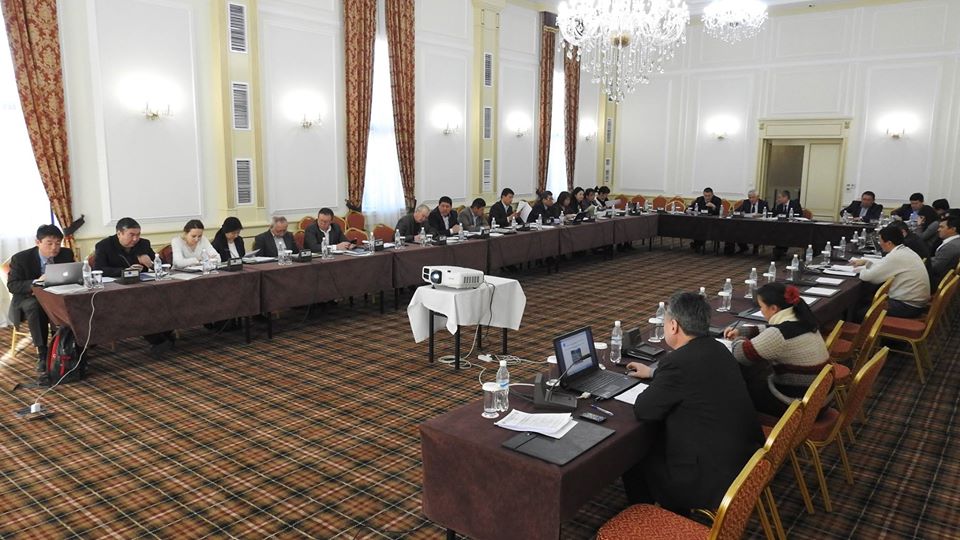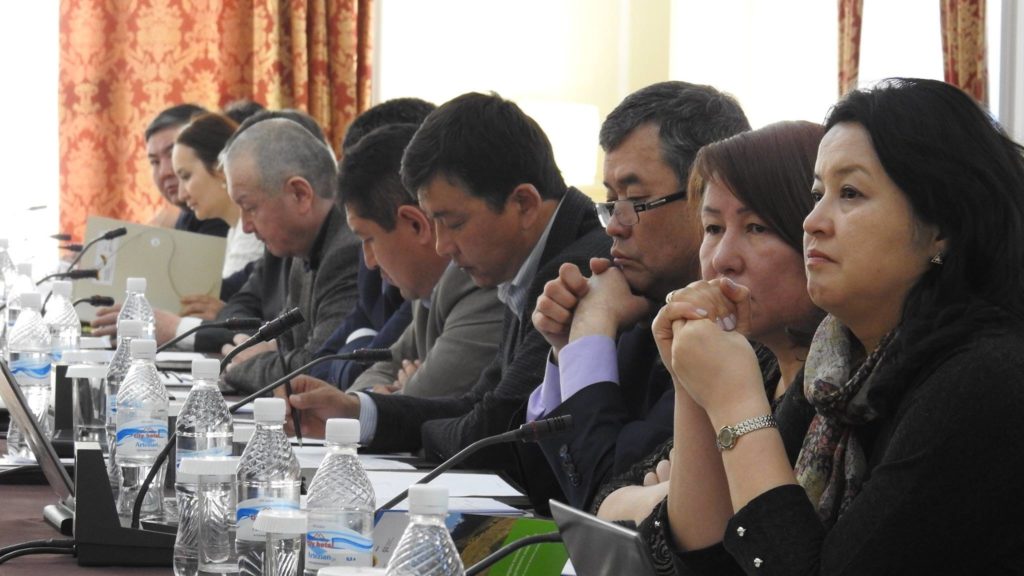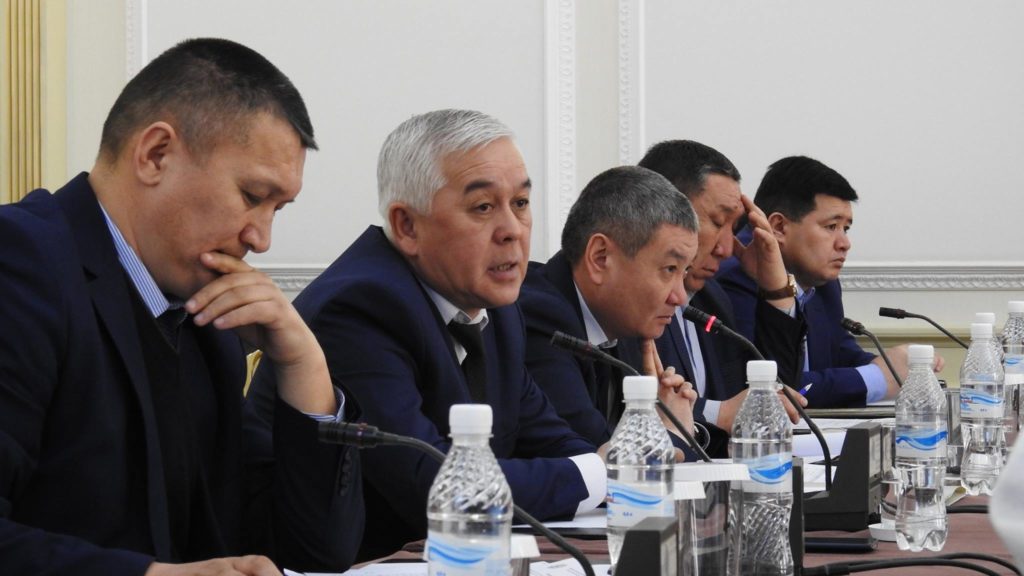According to the classification of the Food and Agriculture Organization of the United Nations (FAO), all Central Asian countries have little forest land. Moreover, the existing forests are mostly degraded or undergoing intensive felling. Deforestation affects the living conditions of people and wildlife and threatens the stability and equilibrium of the region’s ecosystem. Thus, the integrated protection, conservation and sustainable use of forest resources is crucial, especially in the context of climate change.
Program experts help test new management approaches at the local level, and to scale up the results at the national level. The best practical experience is available for representatives of administrative bodies and state institutions as part of regional knowledge exchange. New sustainable forest management methods that take into account local needs are developed jointly with the population and local authorities. At the national level, we assist partner ministries in adapting new methods and support the related reforms.
We strive to support our government and local partners in all five countries of Central Asia in amending laws and regulations, and reforming relevant government agencies and other organizations of the forestry sector. Our work is based on the principles of sustainable development aimed at environmental stability and long-term socially equitable economic benefits.
In Kyrgyzstan, the State Agency on Environment Protection and Forestry (SAEPF) with our support, continues consolidating and mainstreaming new approaches to integrated forest management. These approaches imply involving the local population and local authorities in joint forest management. Testing has been conducted as part of the forestry sector reform piloting since 2015 in 20 experimental leskhozes. To coordinate piloting at the state level, a Consultative Coordinating Council has been created, which includes representatives of international and non-governmental organizations. Work is underway to amend the relevant laws and regulations.
Some of them include a Provisional Procedure for Creating an Incentive Fund and Calculating Employee Bonuses in a pilot leskhoz and the KR Government Decree No. 515 dated September 27, 2016 on the development of the draft Procedure for Use and Disposal of the State Forest Fund (SFF) and the relevant Government decree.
Based on the practical experience of piloting, a forestry sector reform concept will be developed. This experience is also used in the new SAEPF Forest Integrated Forest Ecosystem Management project, supported by the World Bank and the World Economic Forum.



